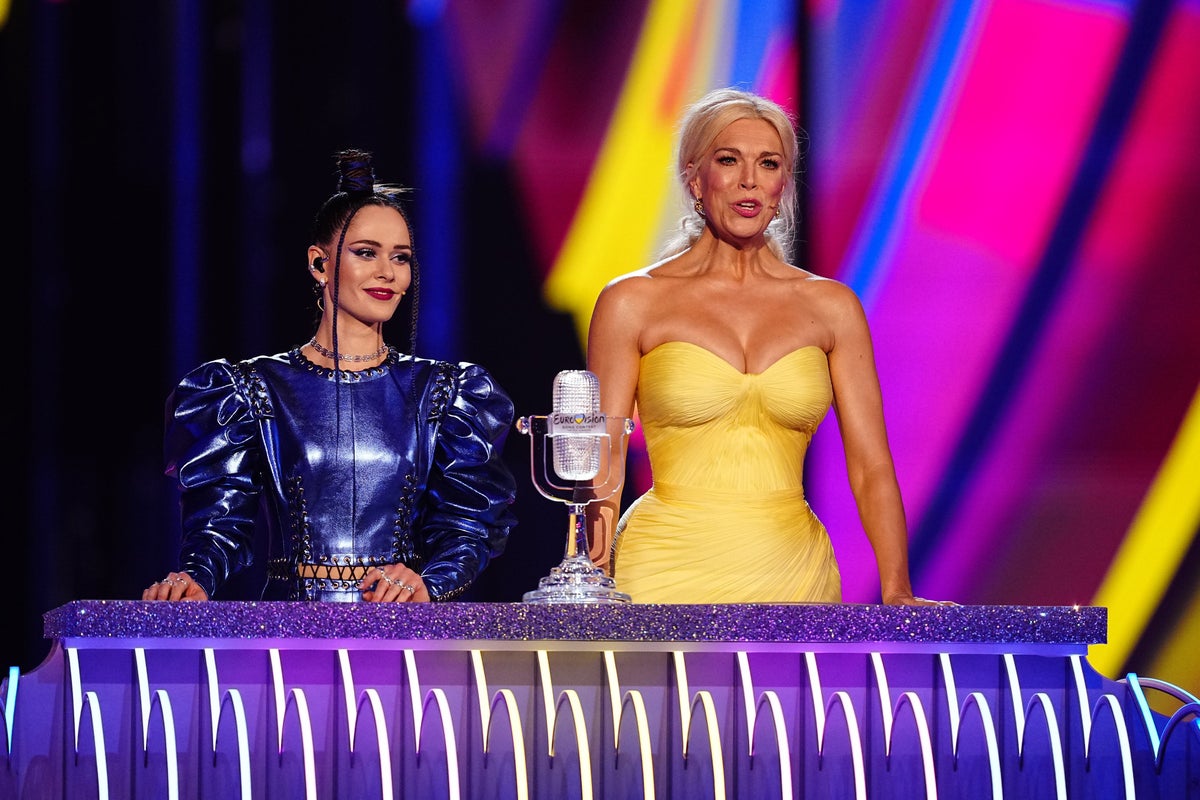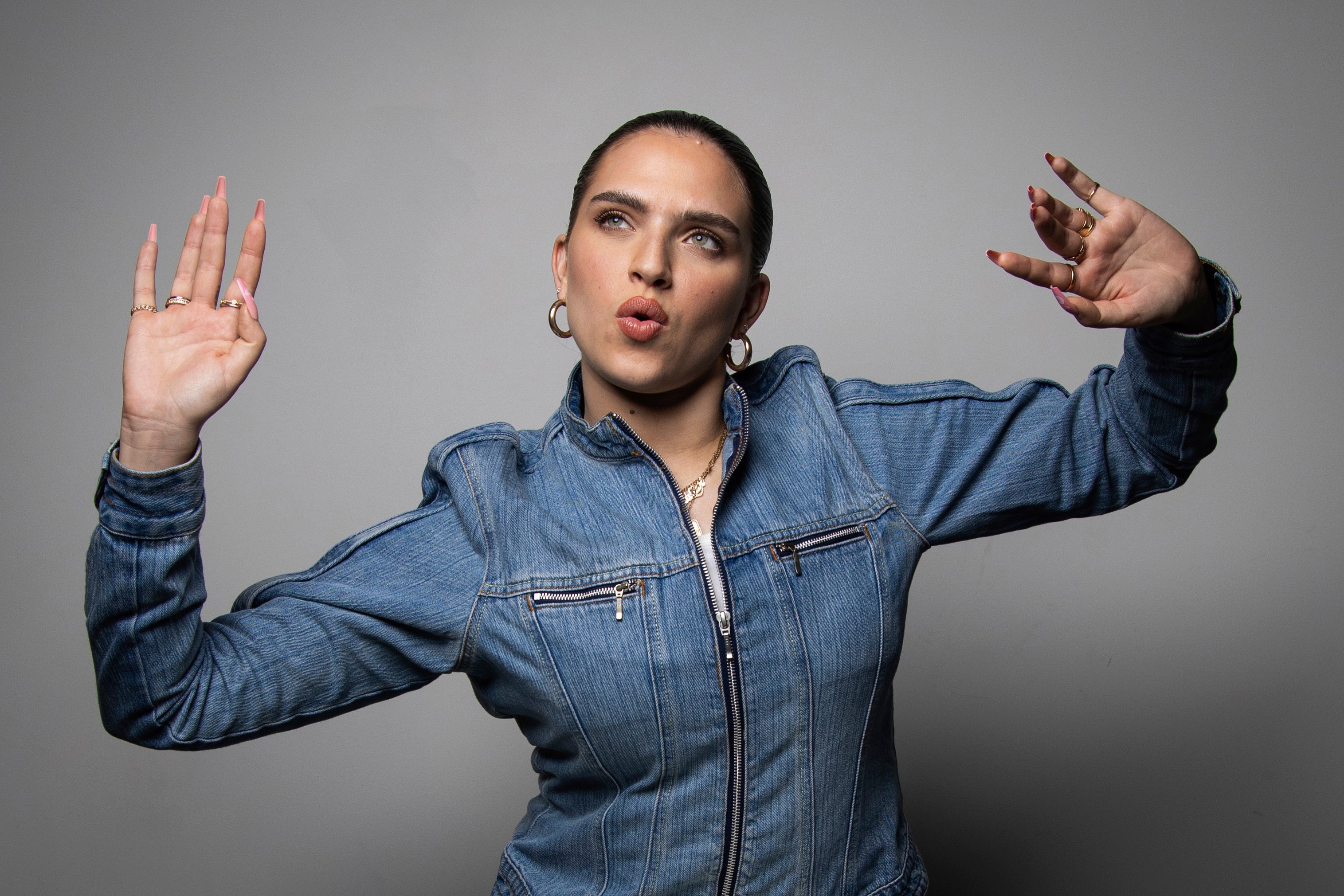
The Eurovision Song Contest is well and truly underway in Liverpool, amid a few changes to its already complicated voting system.
The 2023 grand final is taking place tonight (Saturday 13 May), with the public offered the chance to vote for their favourite contestants.
This includes Mae Muller, the 25-year-old pop singer representing the UK with her track “I Wrote a Song”.
Eurovision is widely known for its fiendishly complex voting system, with the European Broadcasting Union making some tweaks for the 2023 competition.
How does Eurovision voting work?
Viewers from all participating countries will be invited to vote for their favourite songs as the grand final gets underway.
Fans can vote over the phone, by text or via the Eurovision app. Each person can vote up to 20 times, but voters will be unable to select their own country’s entry.
The public votes make up 50 per cent of the total vote, with the other half determined by a professional jury in each participating country.

The experts’ scores are based on the Friday night jury final performances, which are not usually televised.
After viewers have cast their votes, a national spokesperson from the participating countries will be called in to present the points of their professional jury. The highest number of points any country can give is “douze points” (or 12 points).
After the presentation of the scores from the juries, the public points from all participating countries will be combined, providing one final score for each song.
What has changed for 2023?

As of 2023, only viewers’ votes will decide which countries will make it through from the semi-finals to the grand final. This means that the acts will not have to face the judges until they reach the final.
Thirty-one countries must compete across the two semi-finals, with 20 making it through to Saturday night’s final. They will then join the six countries who automatically have progressed to the final: France, Germany, Italy, Spain, and the UK (the “Big Five”), and last year’s winners Ukraine.
In addition, another major change has been brought in to Eurovision this year.
For the first time in the competition’s history, people from countries outside the contest will be able to vote online and on the app for both the semi-finals and final.
Their votes will be converted into points that have the same weight as one participating country.
Follow the latest updates from the Eurovision final in Liverpool here.
Additional reporting by Press Association.







